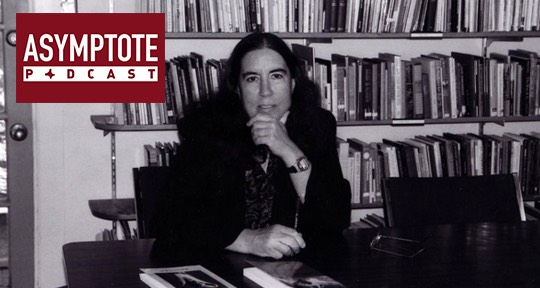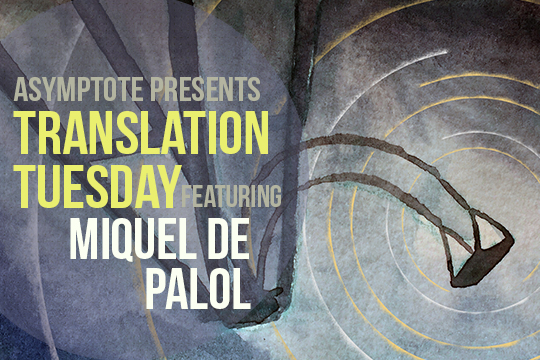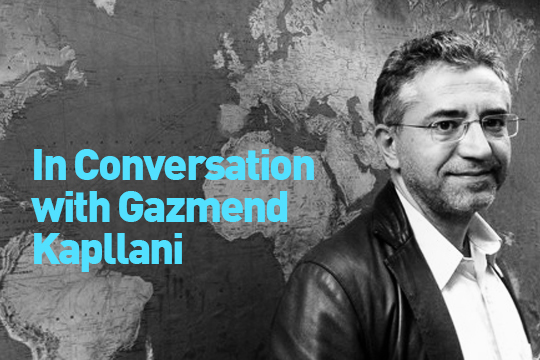What do Asymptote staff get up to when they’re not busy advocating for world literature? Answer: Quite a lot! For those interested in joining our team, please note that we have just completed the first phase of our recruitment drive and will conclude the second and final phase by the end of the month. It’s not too late to send in an application!
Communications Manager Alexander Dickow published two poems in Plume, in English and French versions.
Assistant editor Andreea Iulia Scridon‘s poem, Glossa, a re-writing of Mihai Eminescu’s Romanian poem of the same name, has been published by WildCourt.
Copy Editor Anna Aresi‘s Italian translation of Ewa Chrusciel’s Contraband of Hoopoe (Omnidawn, 2014) was released in May by Edizioni Ensemble.
Chris Tanasescu (aka MARGENTO, editor-at-large for Romania and Moldova) has been featured in a Romanian poetry anthology in Italian translation, Sette poeti rumeni (Seven Romanian Poets) edited by Matteo Veronesi.







